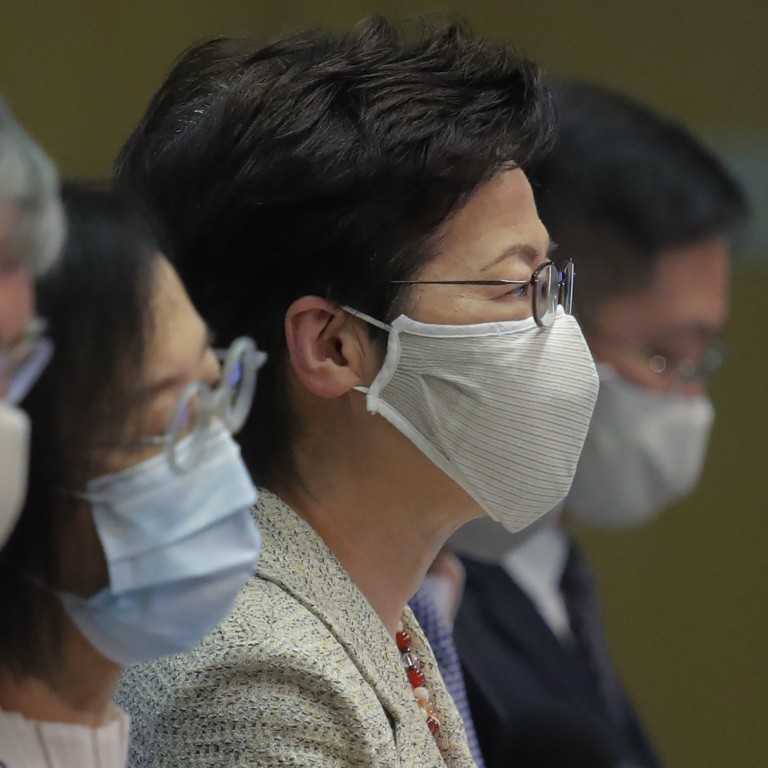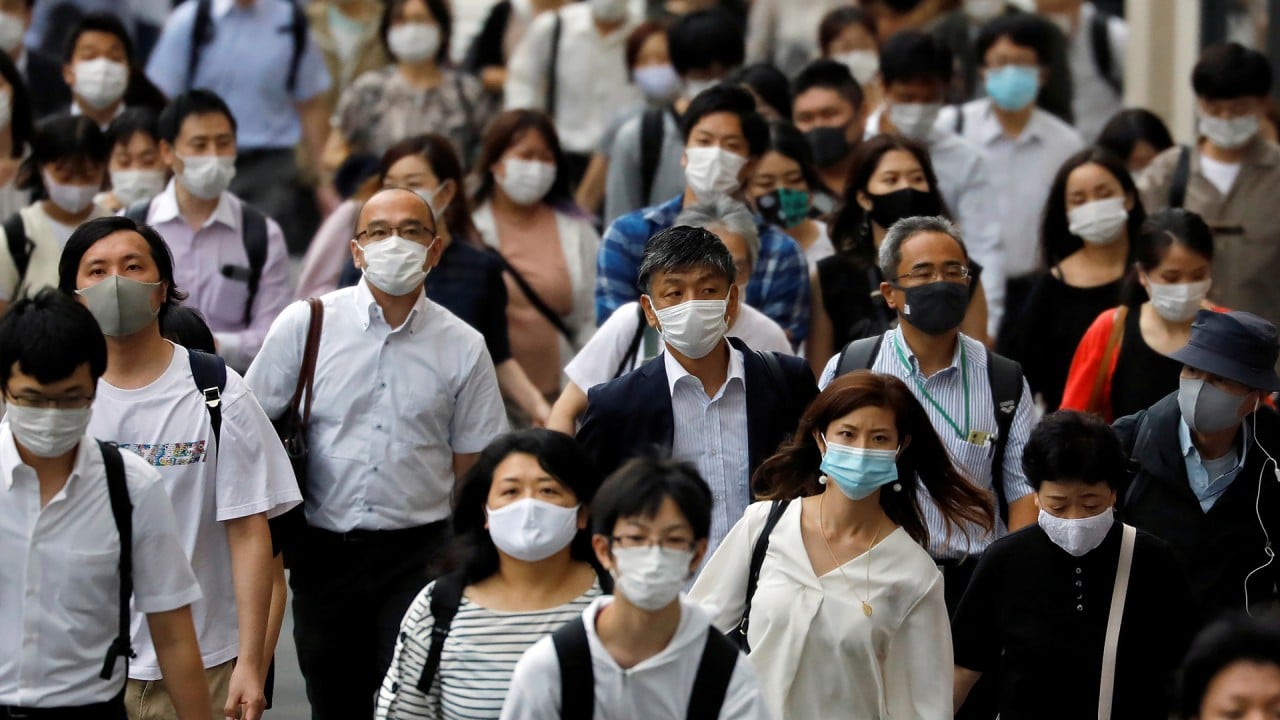
Hong Kong third wave: government must be sensitive to the average person’s plight
- Infection numbers are falling but pandemic fatigue remains a risk. As a result, the government’s leadership is crucial – its recovery battle plan must be centred on people’s needs. This means acknowledging past mistakes and making a fresh start
And considering that Covid-19 hit Hong Kong as it was experiencing continuing social unrest, with anger and frustration played out on its streets on a weekly, if not daily, basis, it did a phenomenal job. Hongkongers’ experience with the severe acute respiratory syndrome left them prepared.
Civic-mindedness was not just a political slogan. Hongkongers’ generosity transcended petty politics and it gave me hope, not only of surviving Covid-19, but also of rebuilding our community for the better.

07:54
Six months after WHO declared Covid-19 a public health emergency, what more do we know now?
It also presents a big challenge for the government. Whether officials are prepared to begin the work of recovery will be key. With less than two months to go before the next policy address on October 14, there is much to be done. The government first needs to acknowledge it has fallen short.
The harsh reality is that Chief Executive Carrie Lam Cheng Yuet-ngor’s administration has remained out of touch with the community. It must begin to understand how ordinary people actually live, and try to carry the burdens of those who have to choose between paying the rent and buying food.
Business critical: Hong Kong’s SMEs fear worst without government support
In this spirit, I thank Secretary for Food and Health Professor Sophia Chan Siu-chee for her brutal honesty when she admitted earlier this month that she didn’t realise many people still had to head out to work despite the social distancing restrictions.

It was such a bad policy that even our public health experts – not known to be the apologetic type – admitted their error in judgment. Dr Ho Pak-leung said: “A dine-in ban in Hong Kong is impossible, I now see this will never work.”
The government U-turn was welcome. But Chan’s genuine surprise over how many people in Hong Kong actually do not work from home also exposes how out of touch Hong Kong’s leaders are. While health professionals have the excuse of being experts – which, by definition, means they are valued for their singular focus on an issue – officials like Chan do not. They are there to translate people’s needs and demands into good policies.
Insensitivity to the plight of everyday citizens cannot be part of the policymaking process. There’s still time to make better policies, and be the government that can take care of its people.
Alice Wu is a political consultant and a former associate director of the Asia Pacific Media Network at UCLA

